To gamble basically means to wager money or anything of value on an event with uncertain result, with of course the intention of winning. Most people may not notice but they are actually gambling unintentionally when betting with another person that a statement is true or false, or that a specified event will happen or will not happen. There may not always be financial bets, but the winner usually takes the pride in demonstrating that he is correct and certain about an issue.
In Greek mythology, it is believed that the Universe was split by Zeus, Hades and Poseidon for them to share as heaven, hell and sea by throwing a dice.
Artifacts reveal that most ancient cultures have practiced or even supported it in one form or another. There were dice-like object crafted from the ankle bone (Astragali) of a sheep or dog dated almost 40,000 years have been found. An old pair of ivory dice was found in Egypt and is believed to have been made before 1500 BC. In the ruins of Pompei, pairs of dice were excavated and found to have been ‘loaded’ to fall a certain way. In one of the pyramids at Giza, a tablet with writings was discovered with mentions about gambling.
At about 2300 BC, tiles were used in a game of chance invented by the Chinese. After 1100 years, Greek soldiers used a game of dice as amusement
In the history of nations, gambling was also present. It was approximately 1,000 AD when King Olaf of Norway and King Olaf of Sweden were said to decide on the jurisdiction of the district Hising. The dispute was not resolved diplomatically so they decided to roll a piece of dice. From this gamble Norway received the territory and the two kings departed on good terms.
Claudius in ancient Rome redesigned his carriage to accommodate more room for throwing dice. Even Roman soldiers gambled for the robes of Christ after his crucifixion. Lawmakers also decreed that children should be taught how to gamble and throw dice. Gambling was so popular that during the middle ages that some countries forbid their soldier to participate in any games of gamble because it hindered them from properly performing their duties. For instance in England, King Henry VIII banned gambling when he discovered that soldiers gave more time to gambling than working on drills and marksmanship.
The Playing Card may have developed from China as Chinese worked out both paper and money bills. Shuffling cards may have originated from the practice of shuffling money also invented by the Chinese in 900 AD. Playing cards spread to the Mameluke empire which is composed of Muslim believers. The Mamelukes did not decorate their cards with human forms but with intricate designs. As the game made its way to the Mediterranean countries, cards were modified with images of the royal ranks of noblemen. Sometime in 1500s, the French took one out one of the men and replaced it with a queen card. And this ‘French Pack’ of cards became the prototype of the 52-card deck presently used.
By W Tsang
To find other culture and recreation services in Australia, try searching on Business.com.au – an Australian business directory.

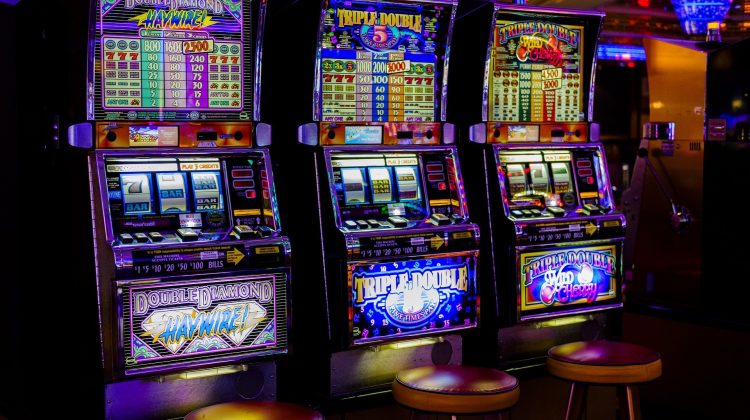

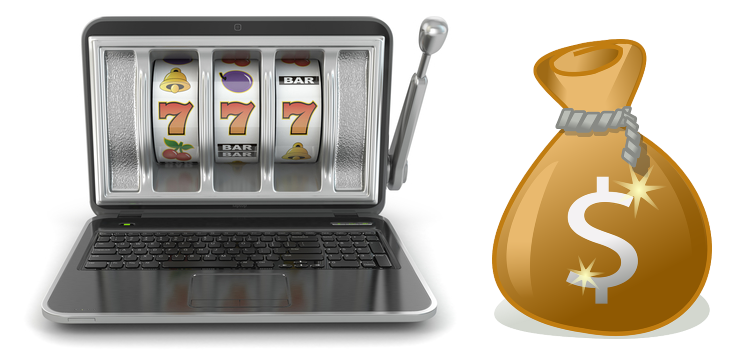




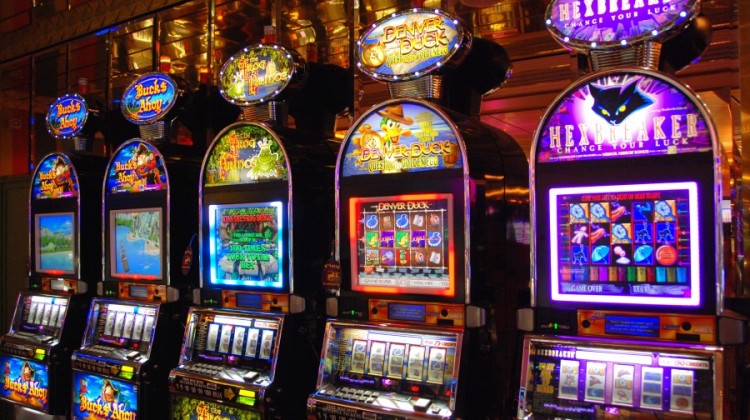
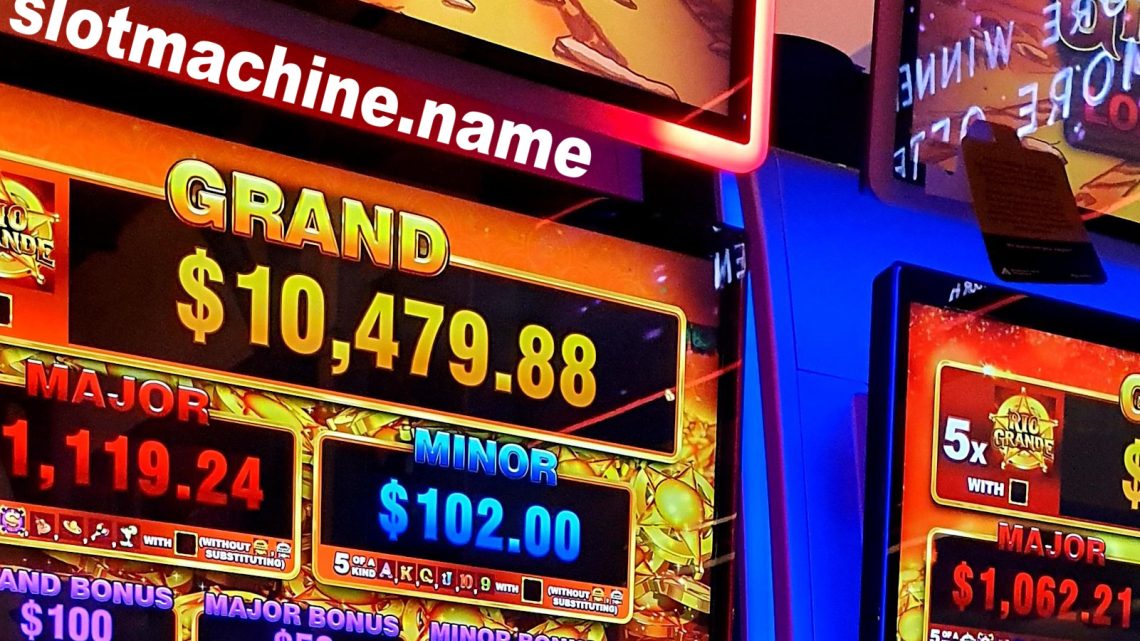
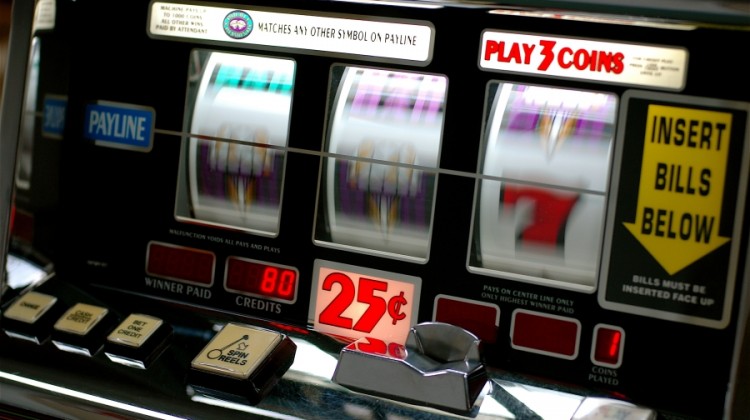
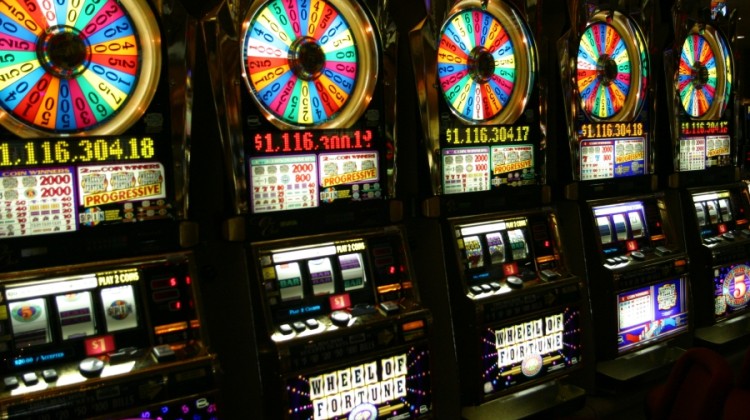
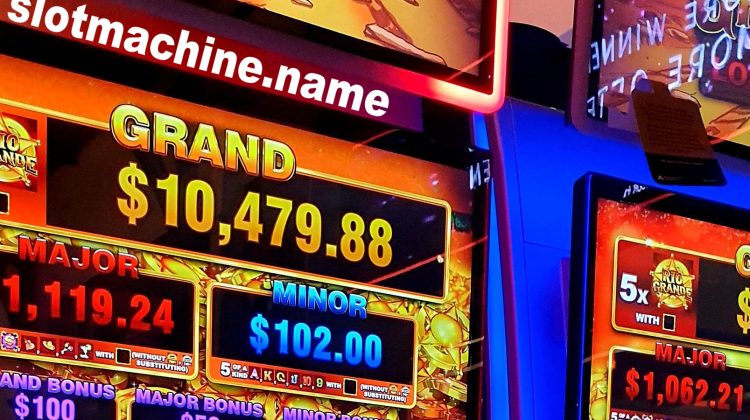
No Comment